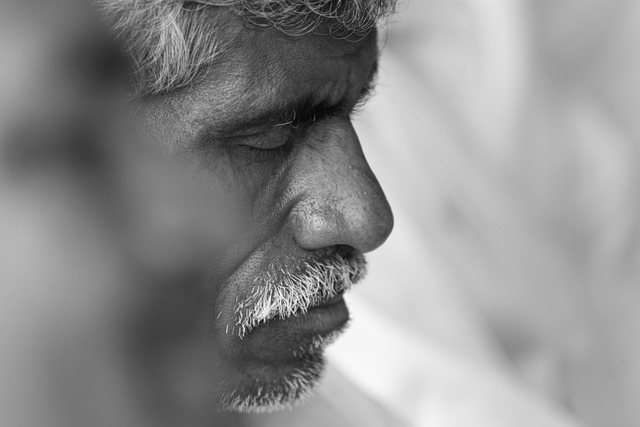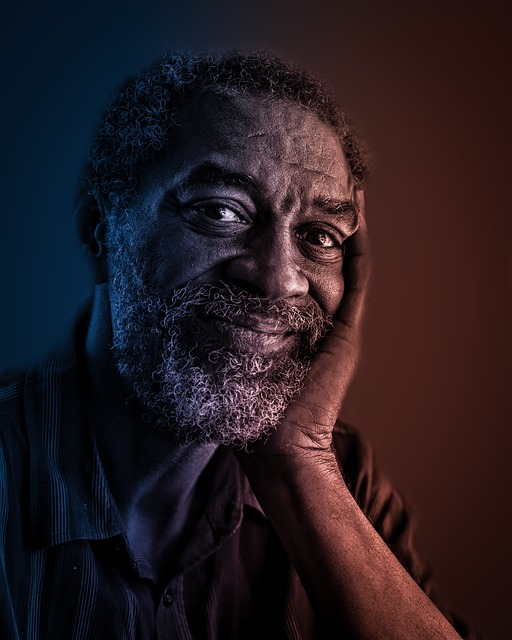End-of-life planning is an essential process that allows individuals to articulate their healthcare preferences through legally binding documents like living wills and healthcare directives. These documents, drafted with the guidance of an end-of-life attorney or specialized legal services, ensure that one's wishes for medical care are respected if they become unable to communicate. An advanced care directive is particularly crucial, aligning end-of-life care with personal values and medical preferences. Additionally, palliative care planning focuses on maintaining comfort and quality of life, particularly for those with serious illnesses, and this planning should be well-documented to ensure it reflects individual desires. Hospice care planning further ensures that end-of-life care is provided in the preferred environment. End-of-life legal services are pivotal in facilitating these plans, offering tailored guidance on medical directives, end-of-life care planning, and designating a medical power of attorney. This comprehensive approach offers peace of mind, knowing that one's wishes will be honored at the end of life. Engaging an end-of-life attorney is key to maintaining control over healthcare decisions and ensuring dignity and well-being throughout the final stages of life. Keywords: end-of-life planning, living will, healthcare directive, end-of-life attorney, medical directive, end-of-life care planning, palliative care planning, advanced care directive, end-of-life legal services, medical power of attorney, hospice care planning.
Considering the inevitability of end-of-life care is a critical aspect of responsible life planning. This article serves as a definitive resource for understanding and customizing your end-of-life care plans. We delve into the essentials of living wills and healthcare directives, guiding you through the process of crafting these legal documents with precision. For personalized medical directives and comprehensive advance care planning, engaging an end-of-life attorney with specialized legal services is invaluable. Additionally, we explore the nuances of palliative and hospice care planning to ensure quality of life during your golden years. With a focus on end-of-life care planning, this guide encompasses all you need to know to make informed decisions about your future healthcare preferences.
- Understanding End-of-Life Care Planning: A Comprehensive Guide to Making Your Wishes Known
- Navigating Legal Documents: Crafting Your Living Will and Healthcare Directive with Precision
- Expert Insights: Engaging an End-of-Life Attorney for Tailored Medical Directives and Advance Care Planning
- Comprehensive Palliative and Hospice Care Planning: Ensuring Quality of Life in Your Golden Years
Understanding End-of-Life Care Planning: A Comprehensive Guide to Making Your Wishes Known

Engaging in end-of-life planning is a profound step that ensures your healthcare wishes are honored and your family is spared from making difficult decisions during an already distressing time. A living will, which articulates your preferences for medical treatment when you’re unable to communicate, is a cornerstone of this process. It complements other critical documents such as a healthcare directive or medical power of attorney, both of which appoint someone to make healthcare decisions on your behalf if you become incapacitated. Consulting an end-of-life attorney with expertise in these matters is advisable; they can guide you through the nuances of advanced care directives and help you navigate the legal landscape with precision.
In addition to the foundational documents, palliative care planning is essential for a comfortable end-of-life experience. This aspect of end-of-life care planning focuses on managing pain and other symptoms to ensure quality of life. It’s important to discuss your preferences with your healthcare team and family members, ensuring that your wishes for symptom management and end-of-life care are clearly understood and documented. Hospice care planning is another vital component, designed to offer comprehensive support for individuals who have a terminal illness and wish to spend their final days in the comfort of their preferred setting, whether at home or in a hospice facility. Utilizing end-of-life legal services can streamline this process, offering peace of mind that your care will align with your values and preferences.
Navigating Legal Documents: Crafting Your Living Will and Healthcare Directive with Precision

Engaging in end-of-life planning is a prudent step to ensure that your wishes are honored when you can no longer communicate them. A living will and healthcare directive are fundamental legal documents in this process, outlining your preferences for medical treatment and care. An end-of-life attorney, specialized in medical directives, can guide you through the nuances of these documents, ensuring they align with your values and healthcare preferences. These professionals provide essential legal services to help you articulate your desires regarding palliative care planning and advanced care directives. By clearly defining your medical power of attorney, you appoint a trusted individual to make decisions on your behalf, should the need arise. This meticulous approach to end-of-life care planning not only provides peace of mind but also alleviates the burden from loved ones during an already difficult time.
Having a comprehensive healthcare directive is indispensable for hospice care planning. It ensures that your wishes are carried out with respect and clarity, particularly when it comes to end-of-life care decisions. The process of crafting these documents involves careful consideration of various scenarios and potential medical interventions. An end-of-life attorney will assist you in exploring options and understanding the implications of different choices within the context of your overall end-of-life care planning. This thoughtful preparation is a testament to your commitment to maintaining control over your healthcare decisions, ensuring that your wishes are upheld even when you’re no longer able to voice them.
Expert Insights: Engaging an End-of-Life Attorney for Tailored Medical Directives and Advance Care Planning

Engaging an end-of-life attorney is a pivotal step in the comprehensive process of end-of-life planning. These legal experts specialize in crafting living wills and healthcare directives that align with your personal wishes and medical preferences. An attorney skilled in this area can ensure that your advanced care directive reflects your desires for treatment, including palliative care planning and hospice care planning, should you be unable to communicate them. This tailored document serves as a critical guide for your loved ones and healthcare providers, avoiding uncertainty and ensuring your end-of-life care aligns with your wishes. Furthermore, the attorney’s role extends beyond drafting these documents; they can also advise on the implications of medical power of attorney designations and assist in navigating the complexities of end-of-life legal services. By doing so, they provide peace of mind, knowing that your preferences will be honored and your care managed according to your wishes. In essence, the expertise of an end-of-life attorney is instrumental in facilitating a respectful and informed transition during this sensitive phase of life planning.
Comprehensive Palliative and Hospice Care Planning: Ensuring Quality of Life in Your Golden Years

As we age, making informed decisions about our end-of-life care becomes increasingly important. Comprehensive palliative and hospice care planning is a proactive approach that ensures one’s quality of life in their golden years is honored according to their wishes. Engaging with an end-of-life attorney or legal services specialized in medical directives, such as living wills and healthcare power of attorney documents, is crucial for articulating these preferences. These legal instruments serve as a guide for your loved ones and healthcare providers when you are no longer able to communicate your desires. An end-of-life care planning attorney can assist in drafting an advanced care directive that aligns with your medical and personal needs, ensuring that your end-of-life care is carried out according to your specific wishes. This meticulous planning can alleviate the burden on family members and provide comfort during a challenging time by facilitating seamless communication between you, your healthcare team, and your representatives.
Palliative care planning is an integral part of end-of-life care, focusing on managing pain and symptoms to improve the quality of life for individuals with serious illnesses. This type of care planning often involves a multidisciplinary team that includes doctors, nurses, social workers, and spiritual care providers. By working closely with these professionals, you can express your preferences for treatment and care, ensuring that your wishes are respected during hospice care planning. The goal is to support your well-being and dignity throughout the final stages of life, allowing you to focus on creating meaningful moments with loved ones, free from unnecessary pain and discomfort. With careful consideration and professional guidance, end-of-life care planning can offer peace of mind for both you and your family.
Embarking on end-of-life care planning is a profound step in ensuring your final wishes are honored and that you receive the most suitable care as you age. This guide has equipped readers with the knowledge to initiate this process, from understanding the importance of making your wishes known to navigating the legal framework that supports it. By engaging an end-of-life attorney and crafting documents like living wills, healthcare directives, and advance care directives, individuals can set clear guidelines for their medical care. Additionally, exploring comprehensive palliative and hospice care planning ensures a focus on quality of life in the golden years. With the right end-of-life legal services and medical power of attorney in place, peace of mind is attainable. It’s a proactive measure that respects individual preferences and promotes dignity at the end of life.
